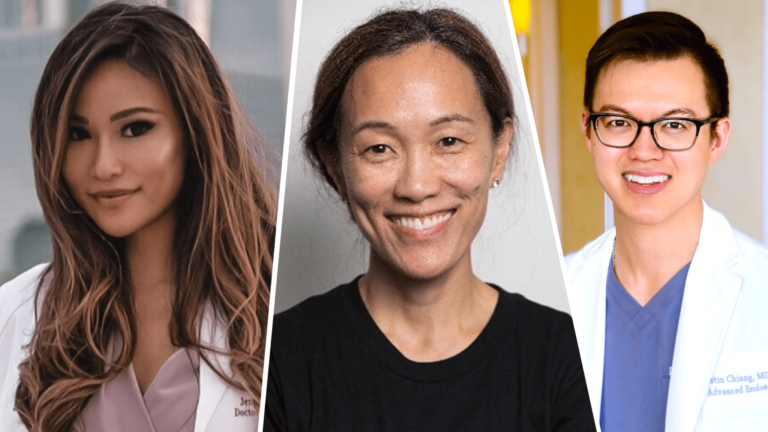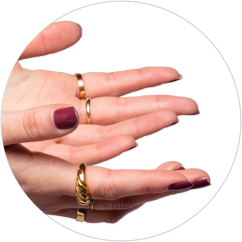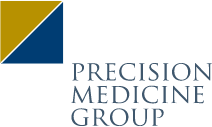Move over KOLs, there’s a new influencer in town. Meet the digital opinion leaders taking over.

First published in Endpoints News.
There’s a new class of physician influencers ditching the podium circuit for the virtual world and taking on traditional key opinion leader roles. They’re the next generation of digital opinion leaders, called DOLs for short, but also connected online leaders (COLs) or key online influencers (KOIs).
No matter the acronym, though, these social media and digital super-connected medical specialists who were already on the rise to prominence got a boost from the pandemic when the world turned online.
The new group of leaders are democratizing influence. DOL doctors are gaining attention powered by their own ambition and knowledge. Not necessarily because they went to the most prestigious schools or wrote for top medical journals, but instead joining social media platforms and building audiences by offering valuable medical opinions and points of view.
“You may never see a DOL at the podium, but they own TikTok or Instagram,” said Christian Rodgers, VP of social media at PrecisionEffect health marketing agency.
Why do DOLs matter? For the same reason that traditional KOLs matter — physicians are one of the most trusted sources of healthcare information for other physicians, as well as consumers. Eighty-four percent of adults in the US trust doctors most in the healthcare system, only slightly less than the top source, nurses at 85%, according to a study this year from the National Opinion Research Center (NORC) at University of Chicago. Meanwhile, pharma companies were considered only by 34% as trusted industry voices.
Among physicians in the same survey, 55% said they like to learn about health and healthcare from their peers. When it comes to getting that information online, 60% of doctors follow other doctors on social media channels, which is almost three times more than those who follow traditional KOLs, Razorfish Health reported.
And just like traditional KOLs, pharma companies are keen to partner with the new DOLs.
CMI Media Group’s Liz McShea, director of paid social, called it the age of the micro-influencer who may have smaller audiences but are more relevant with specific brand or therapeutic area experience.
“That results in a trust factor that makes other HCPs more receptive to the messaging versus coming directly from a pharmaceutical brand,” she said, adding “it’s not like Kim Kardashian as a celebrity spokesperson with millions of followers.”
In fact, doctors don’t like to be compared to consumer influencers like Kardashian, said Missy Voronyak, who is managing director of influencer activation at Real Chemistry, and mostly shy away from the term “influencer” in general.
That said, some digital KOLs do work with pharma to help educate consumers in more DTC-like interactions.
“A lot of people only think about KOIs as peer-to-peer. ‘How can I get a physician to tweet about my drug so other physicians will prescribe it?’ is the most common question we get,” she said. “And yes, many physicians do use social media to connect with their peers, but there’s a big growth trajectory of HCPs speaking to consumers, especially since Covid started.”
These include physicians like optometrist Jennifer Tsai, also known as @drjenandjuice on Instagram who works with PrecisionEffects. She has 186,000 followers and a new paid promotion for RVL Pharmaceuticals’ Upneeq, which is approved to treat blepharoptosis, a drooping of the upper eyelid also known simply ptosis.
In a two-photo post, Tsai shows the eye drop medicine in the first photo and talks about its use and important safety information. The second image is a scrolling ISI or important risk information required in pharma ads. #AD is shown on the upper right-hand corner and #SponsoredbyRVLPharma is included in the copy.
Another way pharma companies are using digital doc leaders is as advisors for creating communications and campaigns. Those include social media star physicians such as emergency room doctor Esther Choo, who writes about sexism and racism along with Covid-19 related science issues, and gastroenterologist Austin Chang, who’s well-known for his gastro explainers on TikTok. Both are members of Real Chemistry’s advisory board.
Chang is also a founding member of the Association for Healthcare Social Media, a nonprofit group that aims to help healthcare professionals use social media and advocate for the platform as an important public health tool.
“Some of us joke that during the pandemic, doctors actually had a little bit of free time for the first time so they learned how to use TikTok and Instagram,” Voronyak said. “But really I think it became a new way to connect, and as they saw their peers catching on, just the right time to get online and get involved.”










